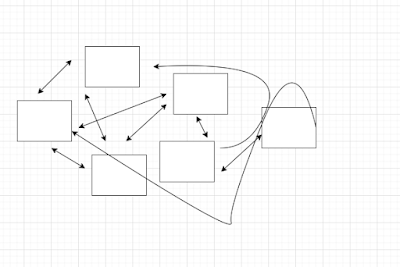Are you senior already?
How to recognize when you're ready for being a senior developer? Well, it can come gradually but there are some signs: You are given more and more responsibility and trust. Well remember that nobody trusted you when you were a junior dev? And they were given to you only some not very important things. As a mid developer you would usually still feel this kind of hierarchy and superiority from more senior developers. And now - when a team trusts you and gives you most important parts of software - this is a sign that other people perceive your seniority. You often mentor other people in team. As a junior dev, you are taught by others, as a mid dev, you're doing your thing, as a senior dev, you help others to be more productive. You're starting to see things in more holistic way, you can take programmer perspective but also business perspective or look from perspective of end user. You become better communicator and help other people on your team to communicate ...
